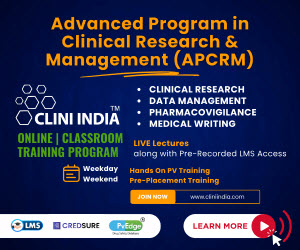Prices for most essential drugs will increase by as much as 2.29 percent when the goods and services tax regime starts next month. The government has set a rate of 12 percent on most essential drugs, as against the current tax incidence of around 9 per cent.
Drug price regulator National Pharmaceutical Pricing Authority (NPPA) has already notified that the revised ceiling prices of scheduled drugs, where excise duty is levied on MRP, will be calculated by applying a factor of 0.95905 to the existing ceiling price. This will be exclusive of applicable GST rates.
On the other hand, scheduled formulations that are exempt from excise duty, their existing notified maximum price would also be the new maximum price, exclusive of GST rates, (NPPA) added. In the case of unscheduled formulations, NPPA has said that companies would have no choice but to absorb the net increase if prices rise beyond the 10 percent allowable MRP limit because of the increased tax incidence in implementing the GST.
The regulator is, however, confident that the pharma industry would be in a position to adopt the new tax system without much teething troubles.
However, some select drugs like insulin will see a reduction in prices with the government reviewing the GST rate down to 5 percent from the 12 percent previously proposed. The National List of Essential Medicines includes the likes of Heparin, Warfarin, Diltiazem, Diazepam, Ibuprofen, Propranolol and Imatinib.
NPPA said in the case of savings due to a lower rate of tax, the benefit may be passed on to the consumers as per the anti-profiteering clause in the GST rules.










